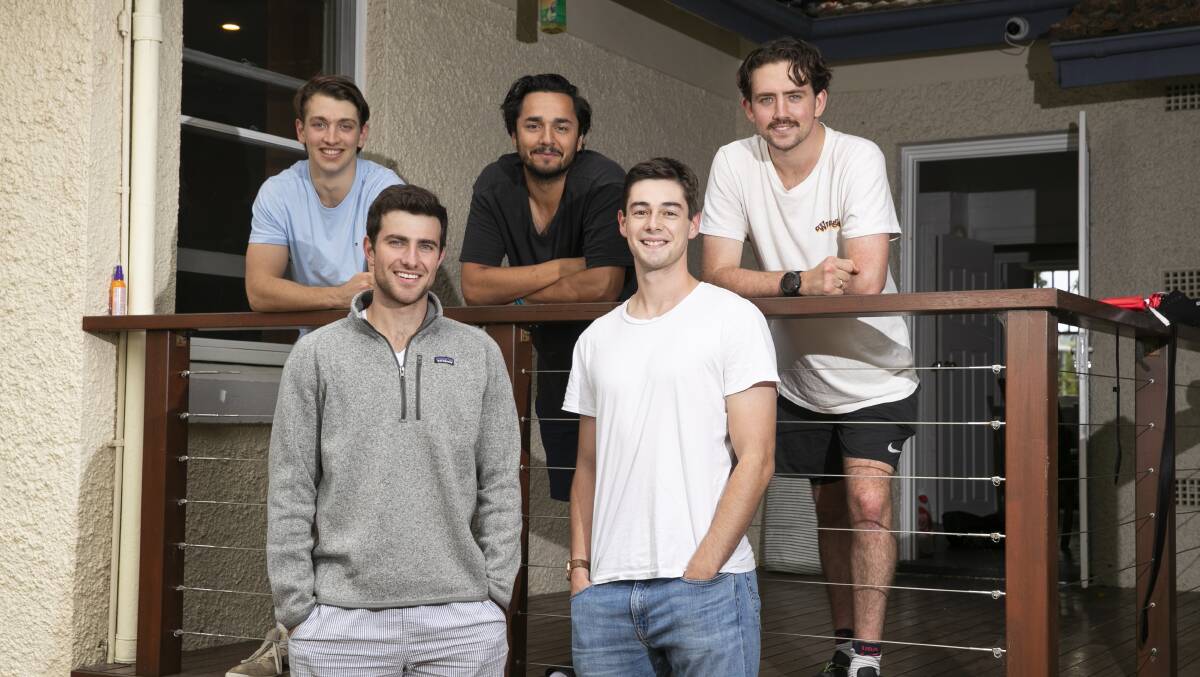Alex Chauhan understands the importance of well-funded mental health services.
Subscribe now for unlimited access.
$0/
(min cost $0)
or signup to continue reading
Government support for services could even be a game changer for him in the upcoming federal election.
Mr Chauhan, a student at the Australian National University, said it may help determine who gets his vote.
"If it was a matter of me getting it or not getting it, then I think it would potentially change not necessarily my vote but my preferences," he said.
READ MORE:
"As someone who's been fortunate enough to have parents who brought them to see a psychologist, I know it's very, very expensive even with mental health plans.
"As a young person, if you can't particularly afford that, it is probably something that would be ideally subsidised or have a greater level of subsidy."
The Morrison government has made support for mental health a part of its re-election budget pitch.
Budget papers released on Tuesday showed the government would provide the next stage of its $547 million package over five years from 2021-22 to reform mental health services.
More than $52 million over four years, starting from 2022-23, would go to Lifeline to provide mental health support.
Nearly $10 million over three years from 2022-23 would help create nationally consistent mechanisms to better manage mental health and wellbeing concerns in schools, including a national measure of student wellbeing, national guidelines for the accreditation of mental health and wellbeing programs and trauma informed professional development support for teachers.

Treasurer Josh Frydenberg said the government would provide more Headspace services, community-based treatment centres and digital mental health support.
"No government has invested more in mental health services," he said.
In addition to better mental health support, Mr Chauhan and his housemates, who share accommodation in Braddon, would like to see a greater focus on wellbeing overall for young people, including support for sporting facilities.
ANU student Loki Bromilow said he would like to see support for sport clubs and facilities.
"I think that a lot of people don't understand that these organisations obviously rely on membership fees heavily and no one would have paid that over the period of COVID," Mr Bromilow said.
Another student, Cam Blanden, said funding needed to be targeted at many aspects of mental health.
"It's also like you can't just target one sort of outcome in terms of mental health or payments to access psychologists, you have to target multiple parts of a young person's life, so giving access to psychologists and compounding that with better access to sporting clubs and maybe like grassroots organisation," Mr Blanden said.
READ MORE:



